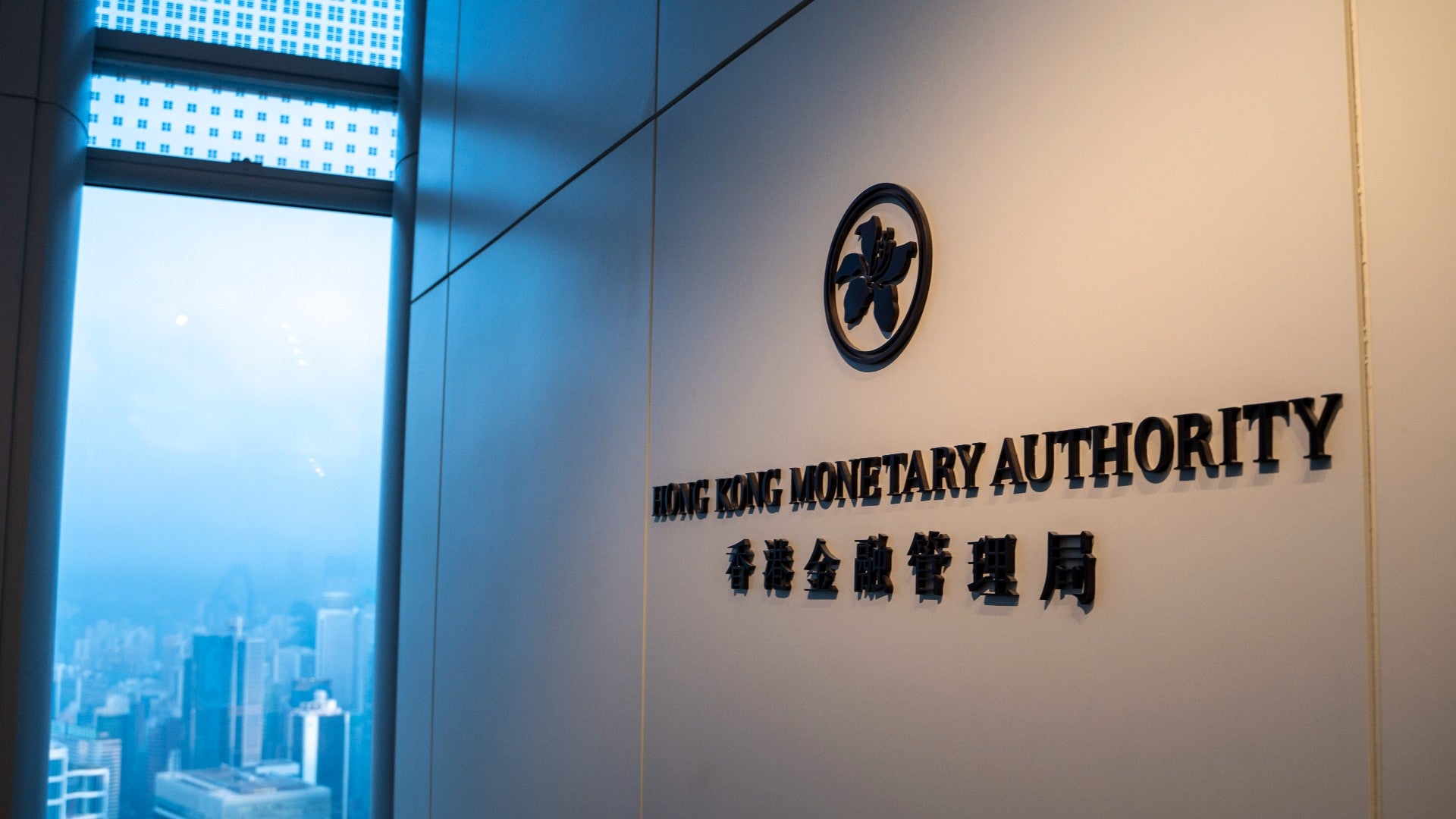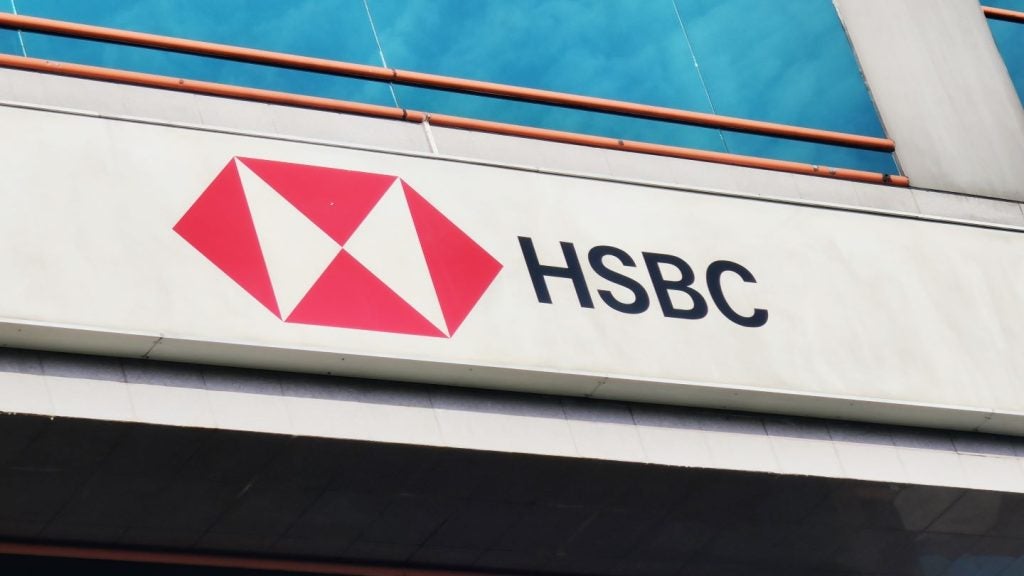
Hong Kong’s Monetary Authority (HKMA) yesterday (30 October) released the Phase 1 Report for its e-HKD Pilot Programme, with promising results.
The programme, which began in May of this year, is aimed at ascertaining whether there is a use case for a Central Bank Digital Currency (CBDC) in a ‘mature’ digital payments space. It focuses on six key areas: fully-fledged payments, programmable payments, offline payments, tokenised deposits, settlement of Web3 transactions and settlement of tokenised assets.

Access deeper industry intelligence
Experience unmatched clarity with a single platform that combines unique data, AI, and human expertise.
To perform the tests, the HKMA partnered with a number of banking and financial services institutions including HSBC, Bank of China (Hong Kong) and blockchain payment protocol provider Ripple Labs to test use cases in a sandbox, moving tokens without value as if they represented real money.
Why would citizens use a CBDC?
The potential benefits of a CBDC from the perspective of citizens are mostly centred around transaction settlement. For instance, it allows merchants and customers to bypass current intermediaries involved in electronic payments – such as banks, credit card operators and other providers – thereby allowing instantaneous transactions.
According to the HKMA, this can allow merchants to receive funds in real-time, thereby preventing potential reconciliation errors should transactions be made or reconciled erroneously.
They would also allow Hongkongers to utilise what it calls programmable payments – or smart contracts. These are digital contracts that automatically payout upon the completion of certain conditions.

US Tariffs are shifting - will you react or anticipate?
Don’t let policy changes catch you off guard. Stay proactive with real-time data and expert analysis.
By GlobalDataThe example given in the document is that of bill payments, which currently only work one way – a customer pays automatically via a direct debit, but there is no way to verify that the service is actually being provided. With a smart contract, the money is already earmarked to be sent, much like a direct debit, but the customer would be able to sign a virtual affidavit that service was provided before the transaction occurred.
HKMA is far from the only central banking institution exploring virtual currencies. The EU is in the process of developing a digital Euro for similar tests to Hong Kong and the Federal Reserve in the US is considering the merits of CBDCs.
Private banks are also making moves in the market, with quite some success. Tokenisation efforts like the one made by Citigroup could threaten the benefits that central banks (CBs) gain from moving towards a CBDC.
What do central banks gain?
Beyond simplifying payments for citizens, CBs may gain greater control over the flow of money. Currently, CBs only produce physical currency, as well as control interest rates by setting their own rates on digital balances held by commercial banks with CBs. The majority of actual money in the economy is created by commercial banks, which lend money to individuals or companies.
This has the benefit of ensuring a steady flow of capital but can also lead to high levels of financial risk. Although a CBDC wouldn’t replace commercial banks by any means, it would allow a degree of control that has largely escaped CBs since the dawn of the internet.
Blockchain-focused job postings in the Asia-Pacific region are down 57% since last year, though this is in keeping with a general decline in financial services jobs in the region and around the world. The majority of these are for junior and mid-level positions, which has remained the case over the last year. These positions tend to require around five years of experience.
A recent GlobalData poll found blockchain to be viewed as the second-least likely technology among seven of the most significant to change the way respondents will do their jobs over the next three years.
Just under a third (33.2%) of 1,216 respondents across GlobalData's network of B2B websites thought blockchain would change their job during the given timeframe, with only augmented reality (29.1%) coming below it. Artificial intelligence was viewed as the most likely to impact jobs at 81%.
Our signals coverage is powered by GlobalData’s Thematic Engine, which tags millions of data items across six alternative datasets — patents, jobs, deals, company filings, social media mentions and news — to themes, sectors and companies. These signals enhance our predictive capabilities, helping us to identify the most disruptive threats across each of the sectors we cover and the companies best placed to succeed.






